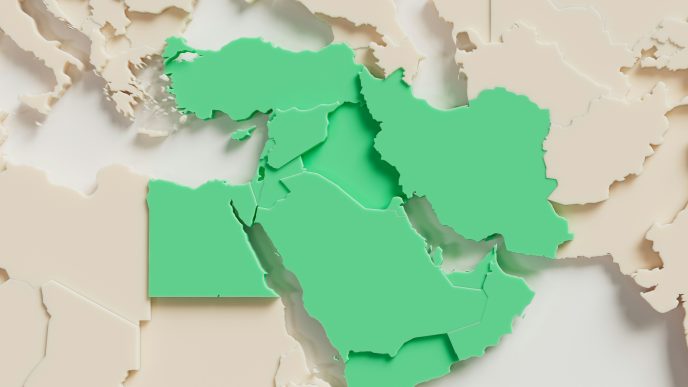The People’s Bank of China (PBoC) has made significant efforts to stabilize the economy, but these measures alone are unlikely to meet the annual growth target of around 5% or fully revive the world’s second-largest economy.
This perspective comes from Nigel Green, CEO of deVere Group, following the central bank’s rare coordinated move to cut both the reserve requirement ratio (RRR) and a key policy interest rate, actions not seen in over a decade.
“These new policies highlight the pressing economic challenges China faces, from a struggling property sector to weakening global demand,” said Green. “While these steps are positive, they won’t be enough to prevent a deepening economic downturn.”
Green emphasized that while these measures are necessary, they should serve as the beginning of a broader strategy. “To truly spark recovery, China will need further monetary easing alongside significant fiscal intervention as we approach the last quarter of 2024.”
By cutting the RRR, the PBoC has increased liquidity in the banking system, encouraging more lending to boost investment and consumption. The interest rate reduction also lowers borrowing costs for businesses and consumers, offering short-term relief.
Markets responded positively to the PBoC’s actions, with Asian stocks rising and Hong Kong shares outperforming other major indices. European markets also opened higher.
However, Green cautioned that financial markets alone are not enough to drive sustainable economic growth. “There is still room for additional monetary easing in the coming months,” he said, pointing to China’s relatively low inflation compared to other major economies, which gives the central bank more flexibility to cut rates further without sparking inflation. With many central banks globally shifting towards rate cuts, China has an opportunity to remain competitive.
Further rate cuts could help ease challenges in the property sector by allowing developers to refinance their debts and making mortgages more affordable for consumers. Small and medium-sized enterprises (SMEs) would also benefit from lower financing costs, boosting entrepreneurship and domestic demand.
However, Green stressed that monetary easing alone will not suffice. “For China to achieve a robust recovery, it must complement these efforts with substantial fiscal stimulus,” he said.
“Despite aggressive use of monetary tools, the Chinese government has yet to introduce a large-scale fiscal stimulus package, which is a missed opportunity. Fiscal stimulus can drive growth directly by increasing public spending on infrastructure, cutting taxes, and providing incentives to spur consumer spending.”
Green believes a targeted fiscal package would inject funds into the real economy, creating jobs through infrastructure investments and offering immediate support to businesses and households through tax relief.
“A combination of these fiscal measures and further monetary easing would create a strong force for driving China’s recovery,” he added.
Global investors, who have remained cautious on China in recent years, are likely to watch closely for further policy moves that could reignite their interest in Chinese equities.
“While the PBoC’s recent actions are a step in the right direction, the work is far from over. A more aggressive and balanced policy approach is needed before international investors regain confidence in China’s economic outlook,” Green concluded.












